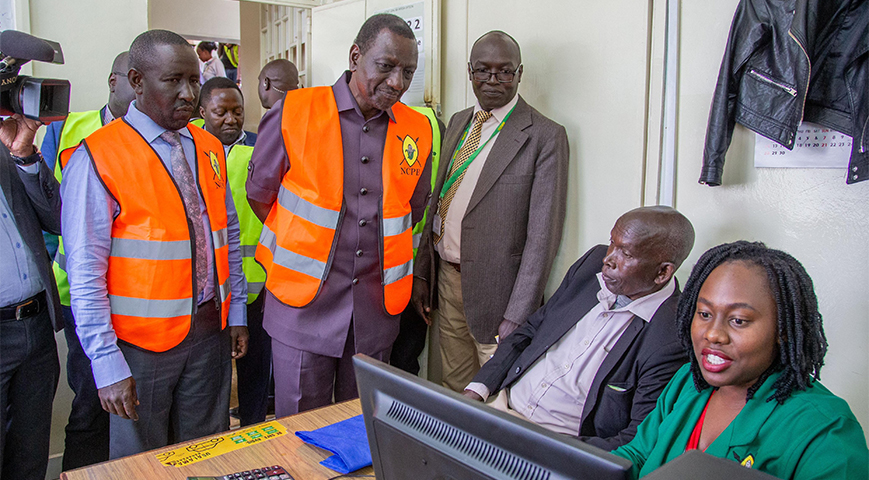Commencing in May 2024, a significant policy change will come into effect. President William Ruto has declared that members of specific ethnic groups will no longer face vetting when applying for national ID cards. This change is a beacon of hope, signaling a step towards a more inclusive and equal society.
The applicants, frequently members of non-indigenous communities such as Asians, Arabs, and Nubians, must submit documentation of their Kenyan citizenship to receive ID cards.
The government has been accused of discriminating against certain ethnic and religious groups, which has led to years of criticism.
At Monday's Iftar dinner for Muslim leaders at State House in Nairobi, Ruto announced that the government was changing the ID card issuance guidelines to eliminate the procedure, which he called discriminatory.
Did you read this?
— William Samoei Ruto, PhD (@WilliamsRuto) April 9, 2024
"Every Kenyan should be treated with fairness and equality. We have revised the previous policy and finalized the new policy documents. Starting from May this year, there will be no more vetting for individuals seeking their IDs," the president assured Muslim leaders, instilling confidence in the fairness of the new policy.
"I will issue a policy document to ensure we have a mechanism similar to other Kenyans and don't discriminate on the basis of religion or region."
Among them are Kenyans with Asian, Arab, Nubian, and Somali ancestry.
When they turn eighteen, government agents at registration bureau offices request additional birth certificates from them, including those of their parents and grandparents, as part of the ID application process.

According to a 2011 report by the American organization Open Society Justice Initiative, many of these individuals have not obtained national IDs since vetting was implemented in the 1990s.
In the meantime, a few individuals who obtained theirs acknowledged fabricating information regarding their name or ethnicity to evade vetting.









